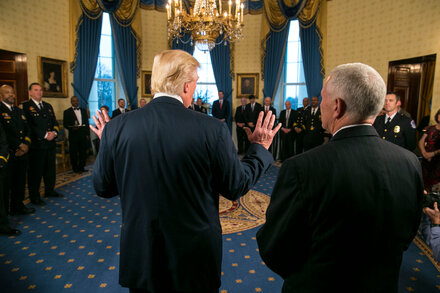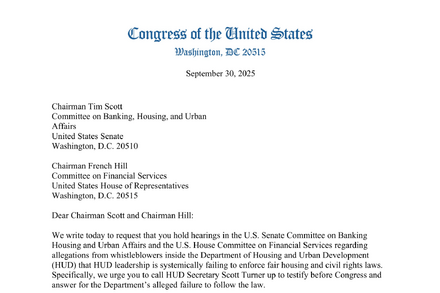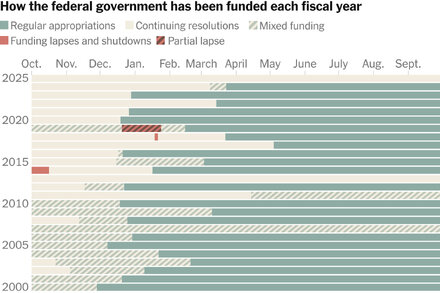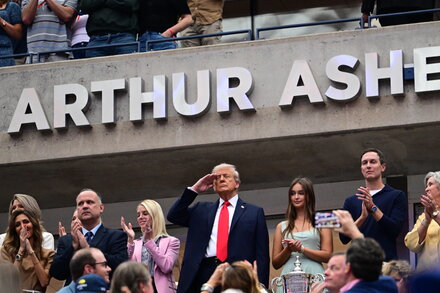
The contentious relationship between former President Donald Trump and former FBI Director James Comey reportedly traced its origins to their very first substantive meeting, a pivotal intelligence briefing in January 2017 that laid the groundwork for deep mistrust and eventual conflict.
The initial interaction occurred on January 6, 2017, just two weeks before Trump’s inauguration. Then-FBI Director Comey was part of a group of intelligence officials who briefed President-elect Trump on Russian interference in the 2016 election. Following the main briefing, Comey remained behind to speak with Trump individually. During this private exchange, Comey informed Trump about the existence of unverified, salacious allegations contained in a dossier compiled by former British intelligence officer Christopher Steele.
This separate briefing, which Comey later stated he felt was necessary due to the sensitive nature of the claims and the potential for them to become public, reportedly sowed immediate seeds of discord. For Comey, it was a professional duty to alert the incoming president to information that was circulating and could be used against him. For Trump, however, the briefing was perceived differently, leading to early resentment.
The differing interpretations of this initial encounter quickly manifested. Comey would later testify that Trump repeatedly sought assurances of loyalty in subsequent interactions. A particular dinner on January 27, 2017, less than three weeks after their first meeting, highlighted this growing tension.
“The President then at some point said, ‘I need loyalty, I expect loyalty.’ And I didn’t move, speak, or change my facial expression in any way during the awkward silence that followed. We just stared at each other,” Comey recounted in his testimony to the Senate Intelligence Committee in June 2017.
This exchange underscored a fundamental clash of expectations: Trump, a political outsider, reportedly sought personal allegiance, while Comey, a career law enforcement official, emphasized the independence of the FBI and his commitment to the rule of law. Comey later described himself as feeling “stunned” by the President’s direct request for loyalty.
The strained relationship continued to deteriorate, fueled by Trump’s public criticism of the FBI’s investigation into Russian interference and Comey’s handling of the Hillary Clinton email probe. The simmering conflict, rooted in their initial interactions and divergent perspectives, ultimately culminated in President Trump’s decision to fire Comey on May 9, 2017. This dramatic move ignited a political firestorm and led to the appointment of a special counsel to investigate Russian interference in the 2016 election and related matters, forever linking their personal dynamic to broader national political events.
Source: Read the original article here.





